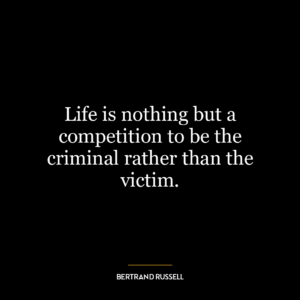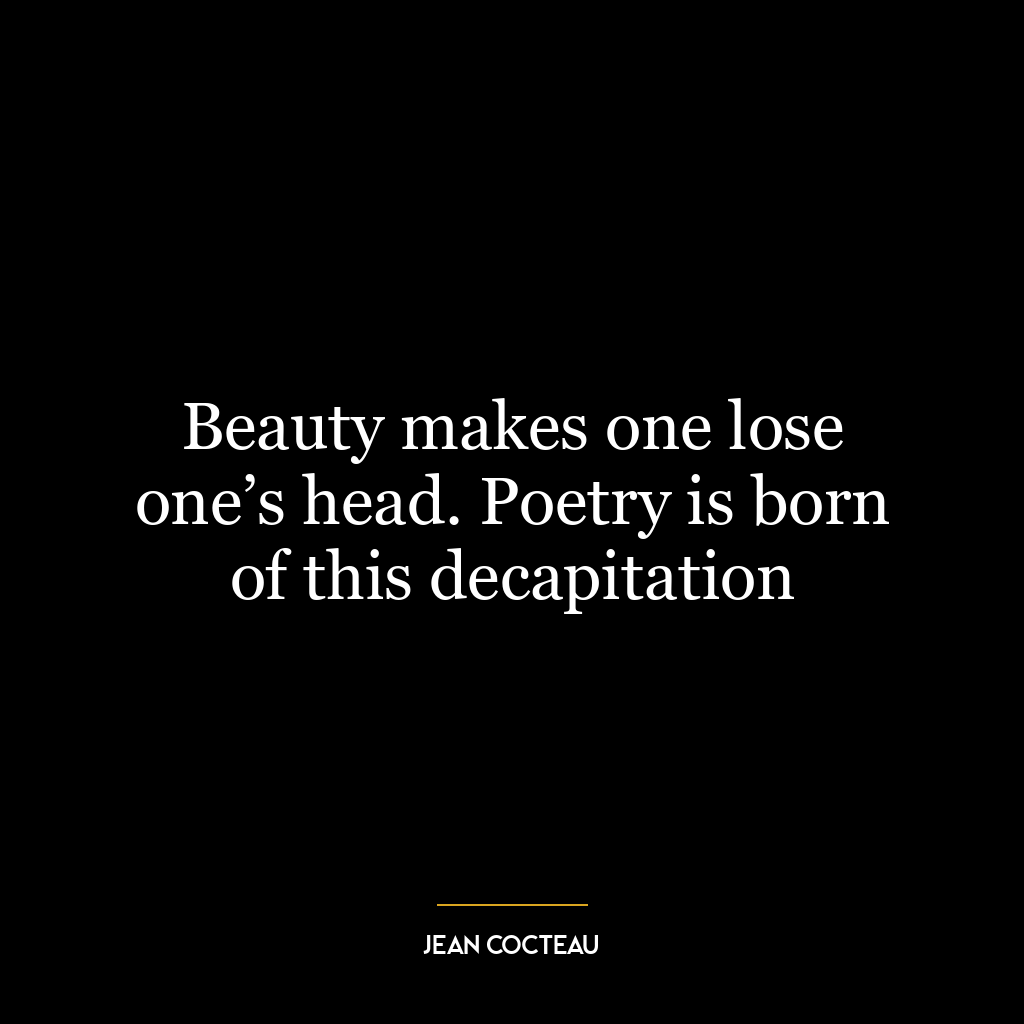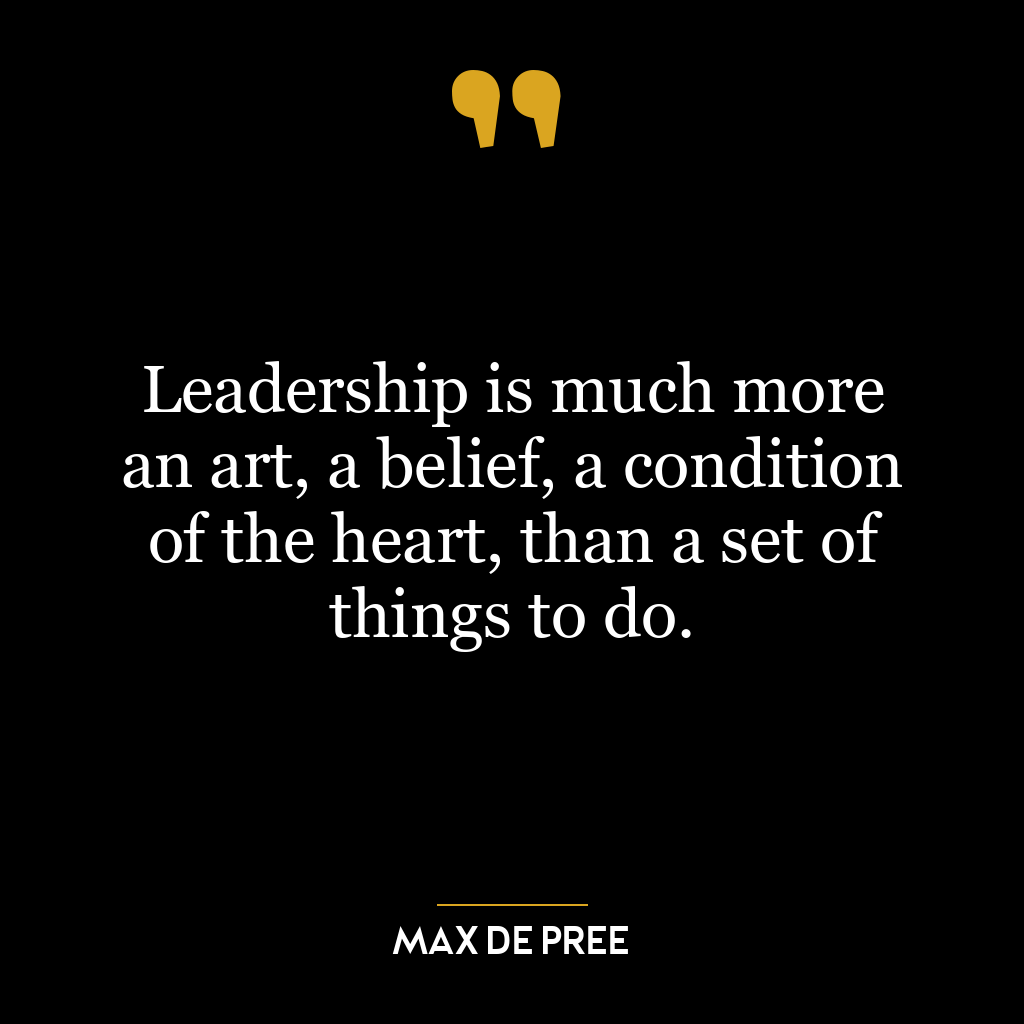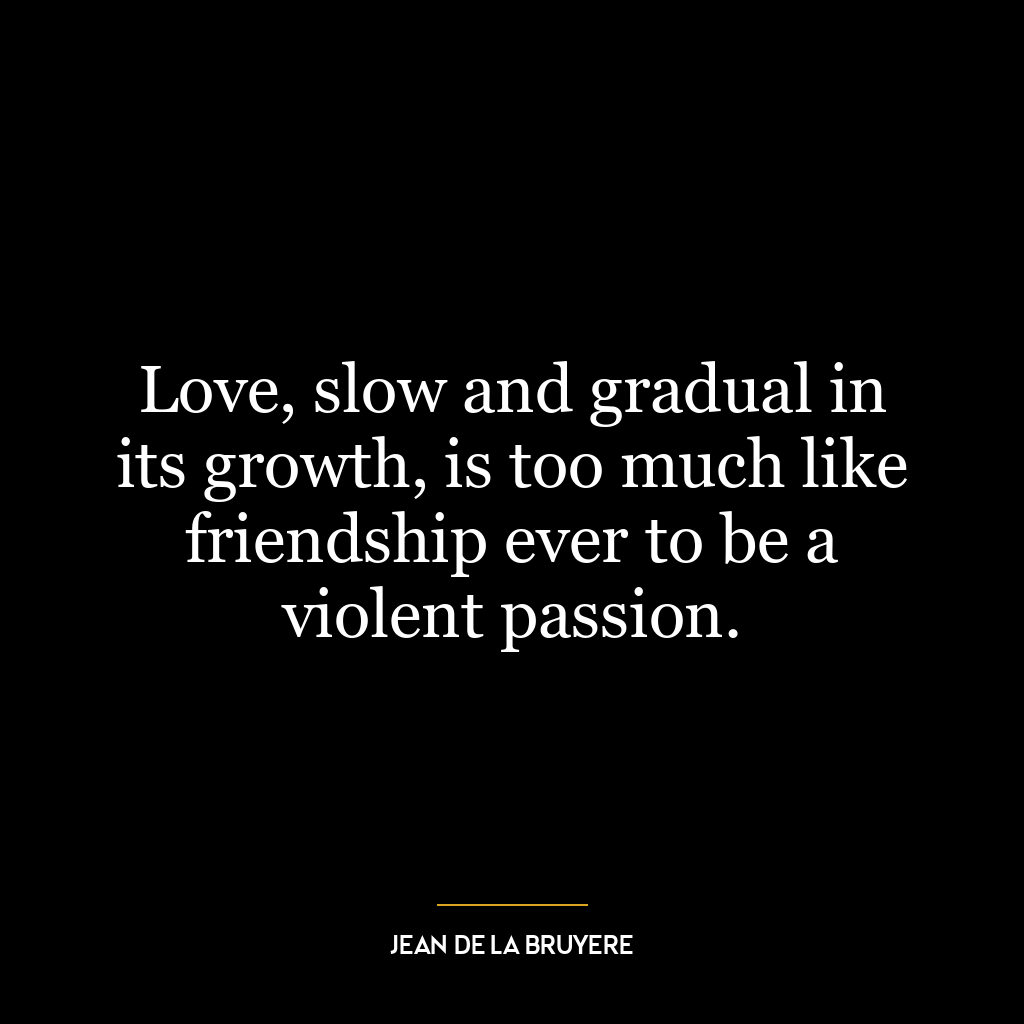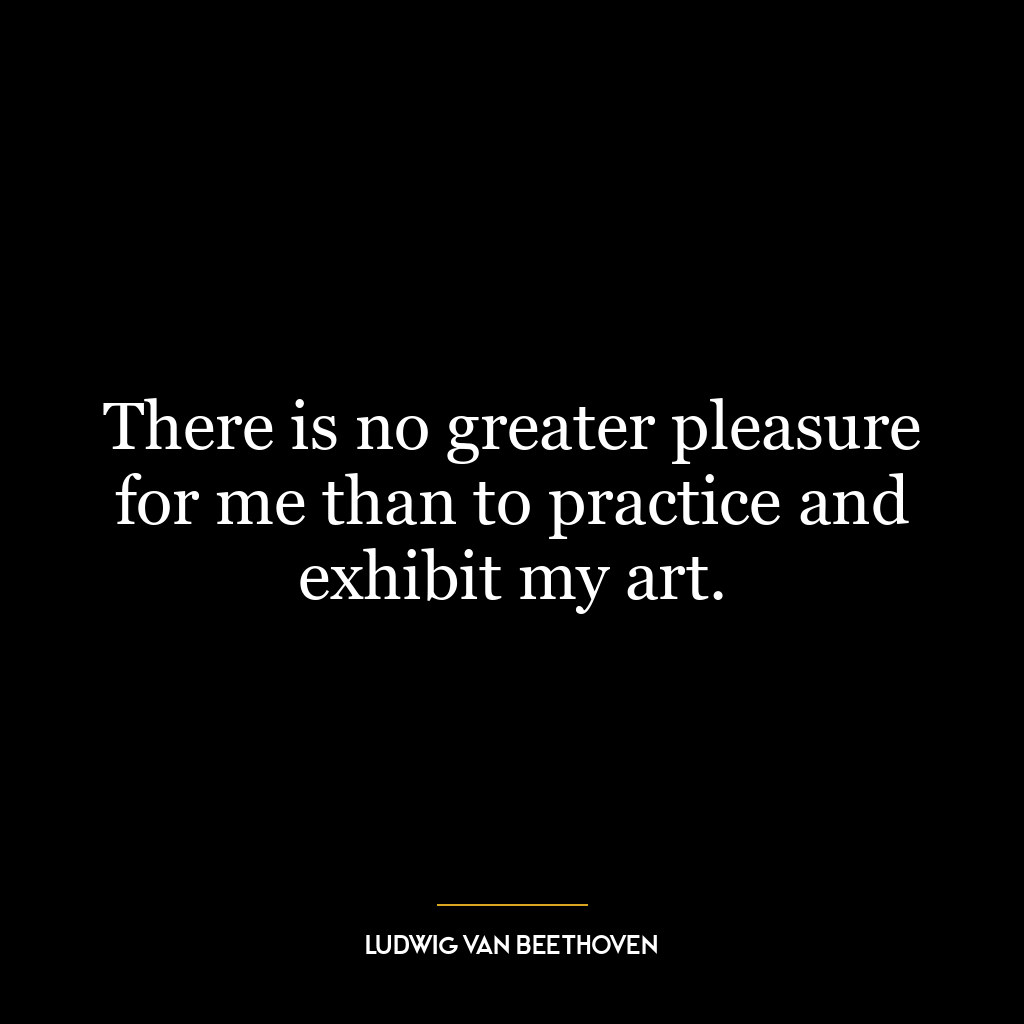This quote suggests that people often hold the most passionate beliefs about things that cannot be proven or disproven. The absence of evidence does not deter them, but rather fuels their conviction. This is because these beliefs often fill a psychological or emotional need, providing comfort, purpose, or identity. They often concern things that are inherently unprovable, such as religious or spiritual beliefs, political ideologies, or personal philosophies.
The quote also implies a paradox: the less evidence we have for a belief, the more passionately we might defend it. This could be because these beliefs are more vulnerable to challenge, and therefore need to be defended more vigorously. Alternatively, it could be that the lack of evidence allows for more personal interpretation and emotional investment, leading to a deeper attachment to the belief.
In today’s world, we see this idea manifest in various ways. In the realm of politics, for example, people often hold passionate beliefs about certain policies or leaders, despite a lack of concrete evidence supporting their views. In the realm of social media, people often spread and defend information or ideas without verifying their truthfulness, driven by their emotional alignment with the content rather than its factual accuracy.
In terms of personal development, this idea could serve as a reminder to be aware of our own biases and to question our beliefs, especially those we hold most passionately. It encourages intellectual humility and open-mindedness, reminding us that the things we are most certain about may be the things we should question the most. It also suggests that we should seek evidence before forming beliefs, and be willing to change our beliefs in light of new evidence.






